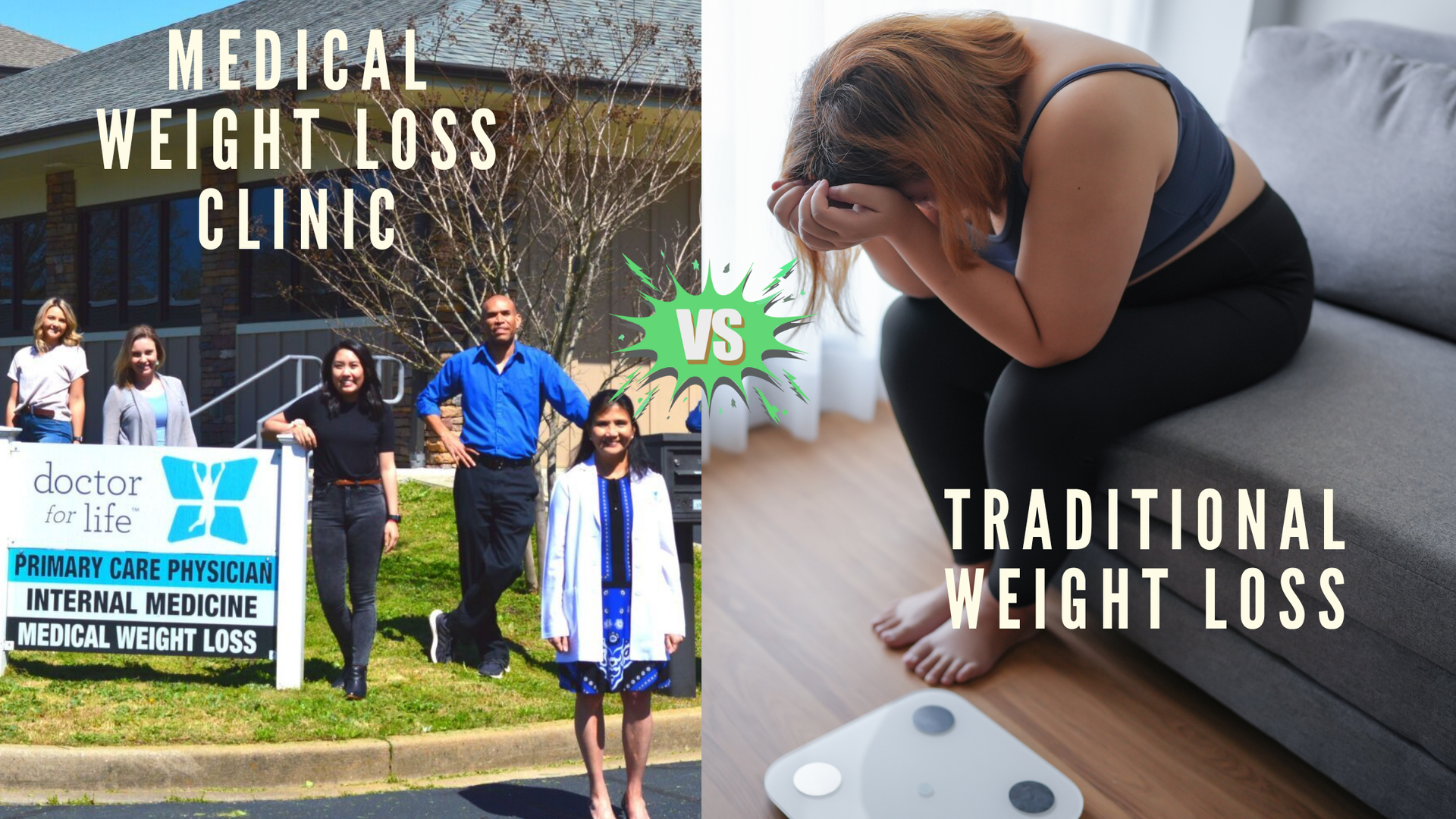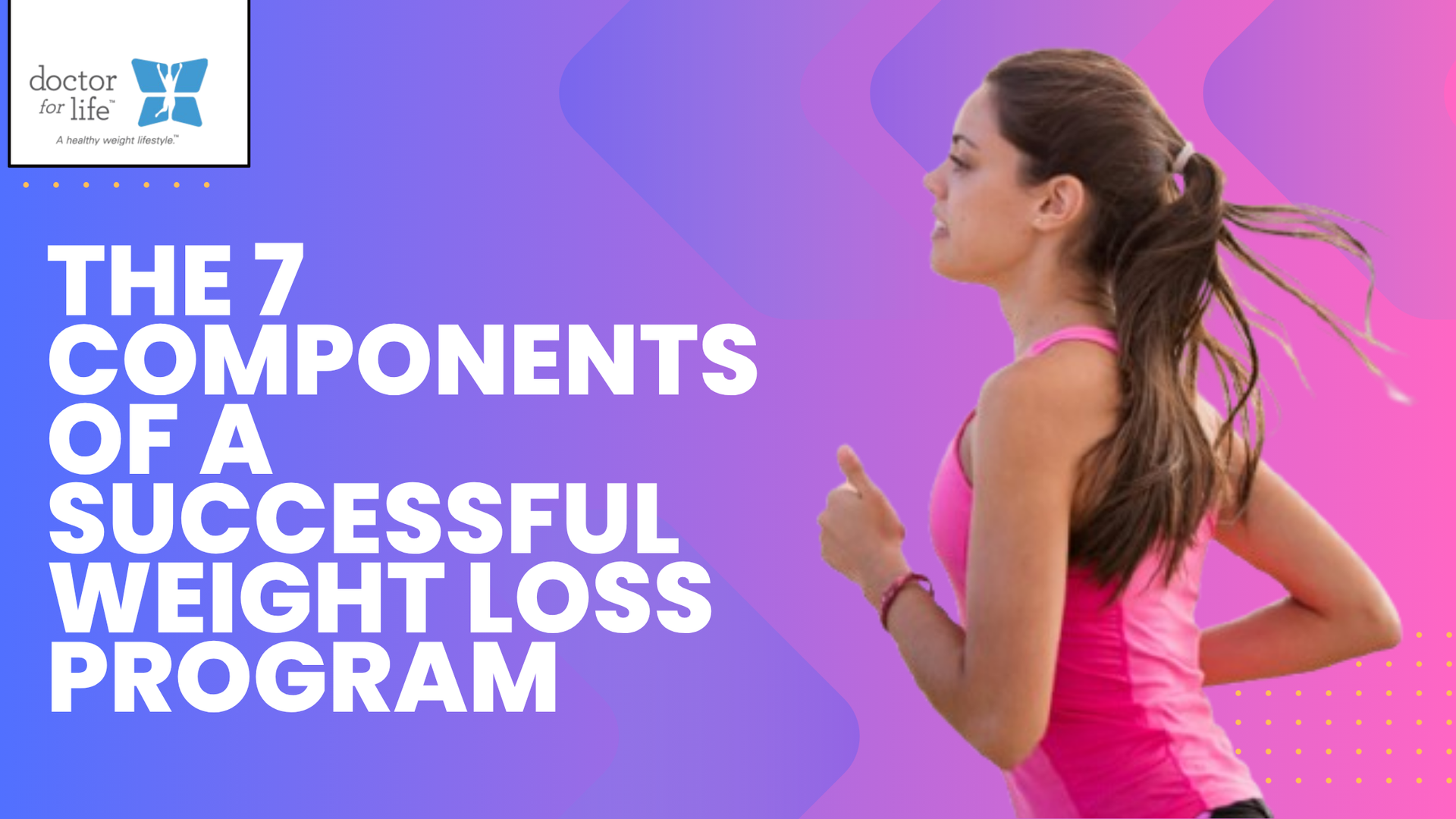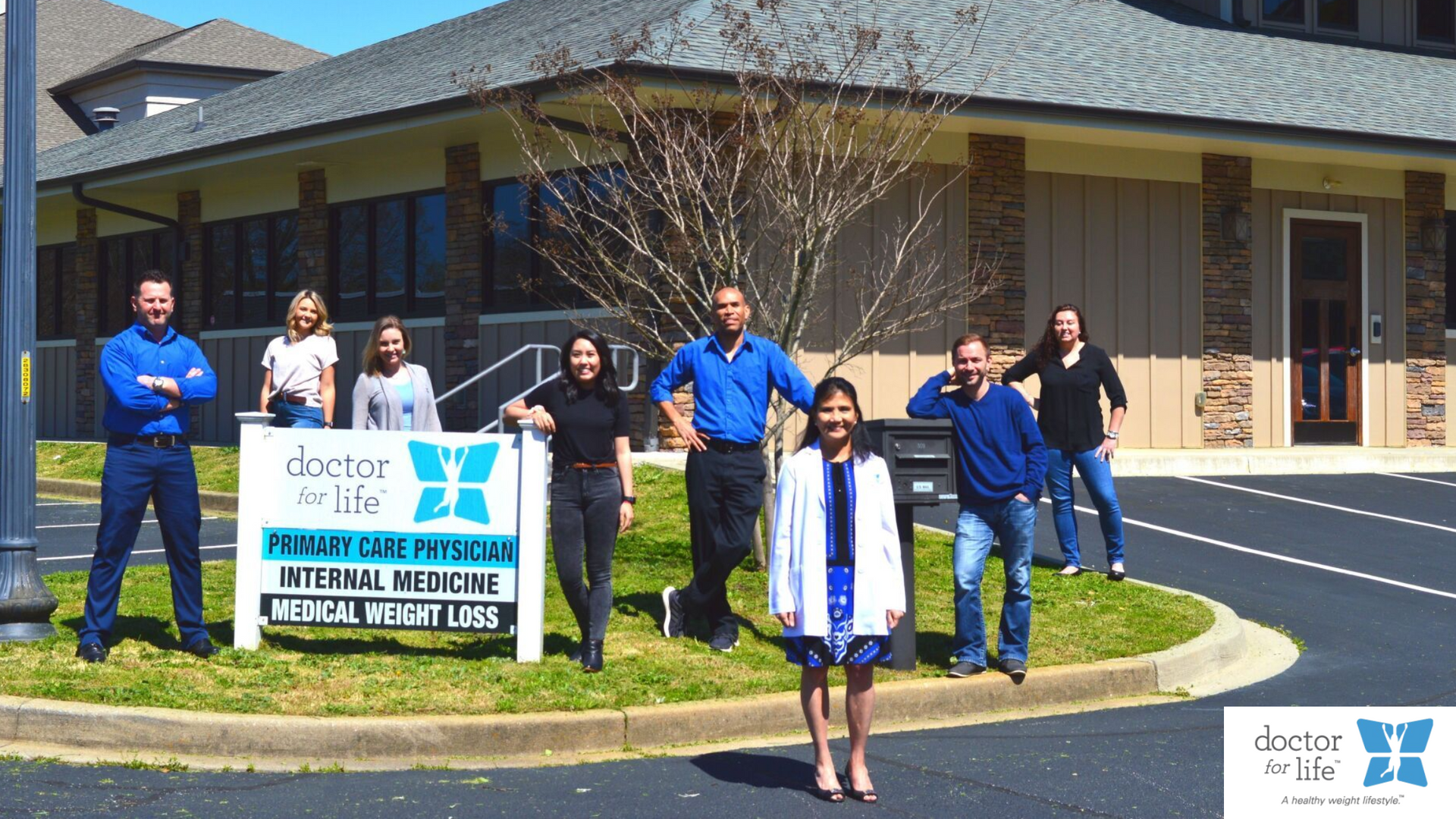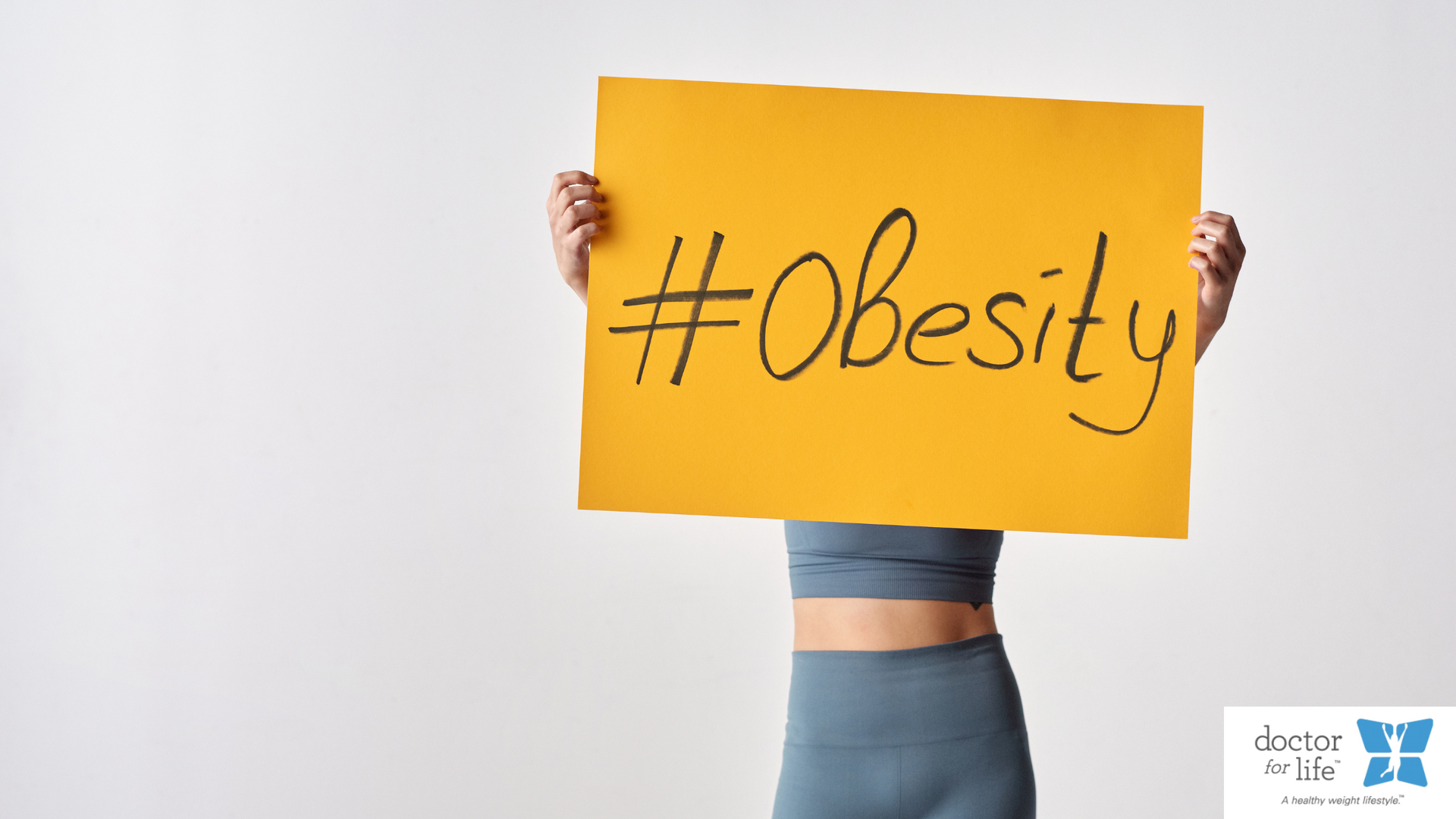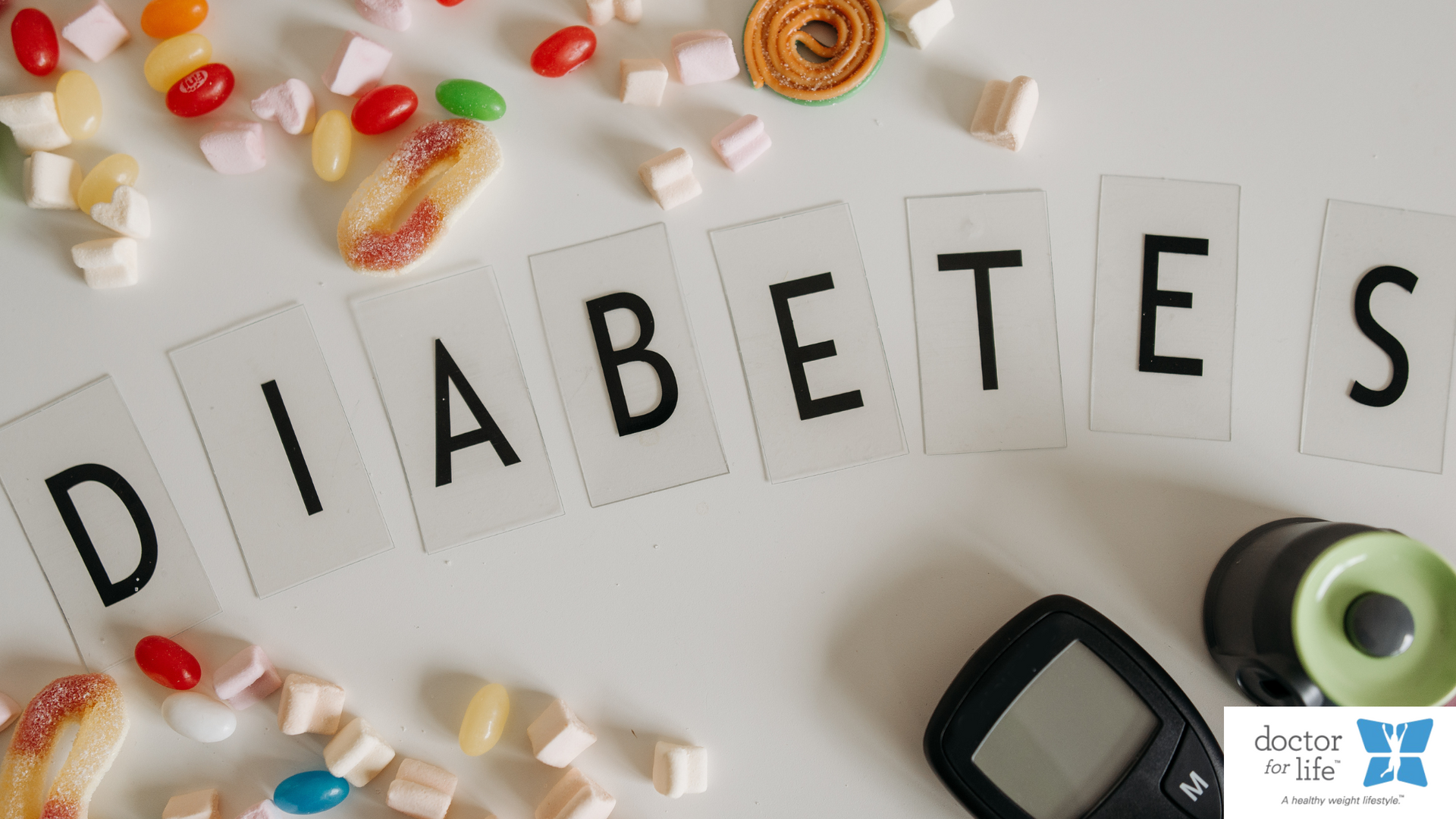Why Crash Dieting is Bad for Weight Loss in 2025?
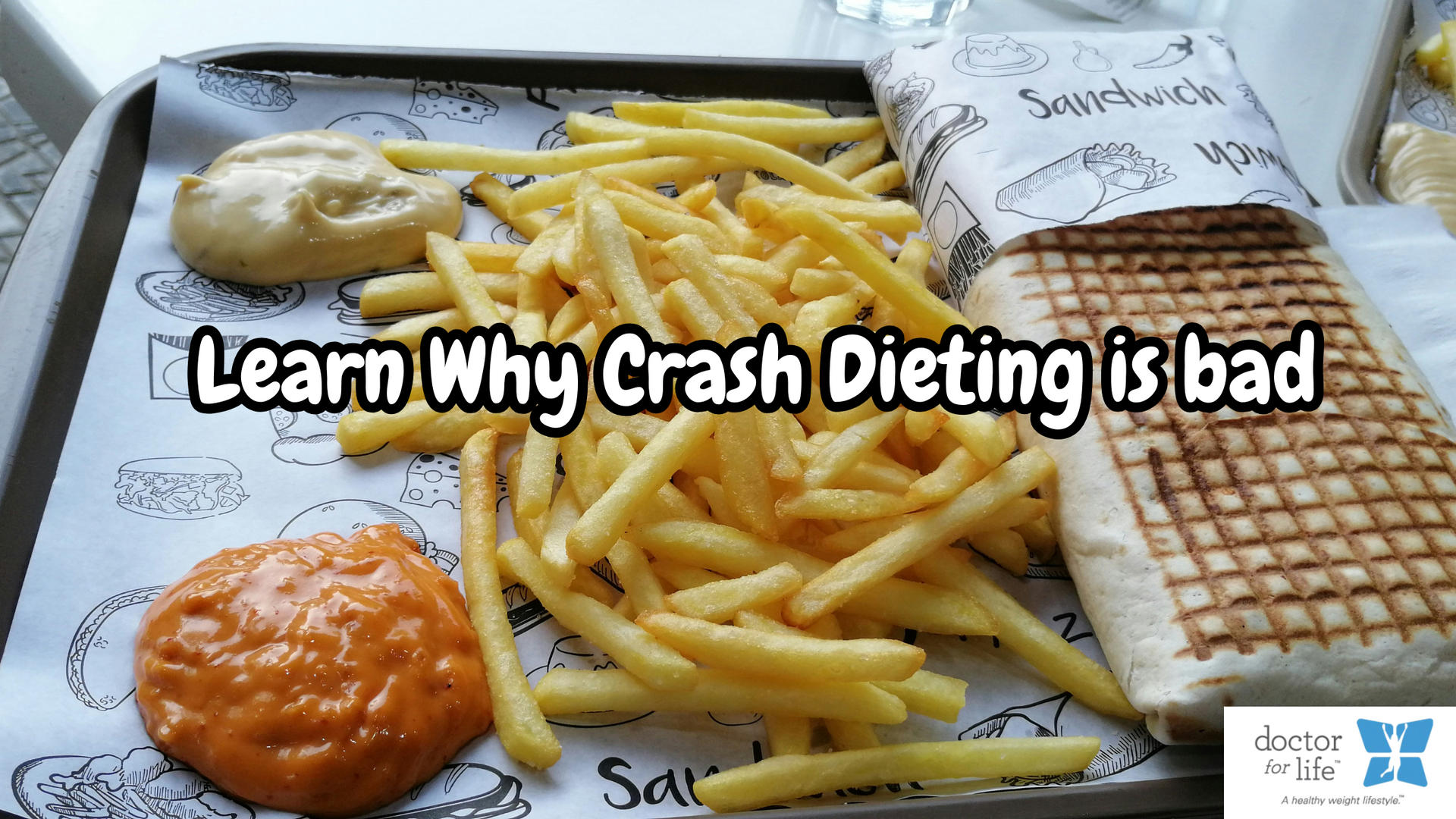
Let's cut to the chase: crash diets are like bad exes! You know they are not good for you, but companies will convince you that you need them. In 2025, with the advancements in nutritional science, AI food planning app technology, and empirical data on effective weight management programs, it's amazing that the crash diet options still exist, given that nutritional ideas have progressed since 2005.
Dropping 10 pounds in a week would be great until you realize your energy has tanked, your moods are swinging like a wrecking ball, and your metabolism is moving slower than your Wi-Fi speeds in a thunderstorm.
So why are crash diets such bad options for weight loss success in 2025?
Let's dive in.
1. Crash Diets = Metabolism Sabotage
Crash diets are very low-calorie diets, sometimes as low as 800–1,200 calories per day. After all, that is hardly enough to survive, let alone provide any fuel for exercise or a busy day! When the body thinks it's starving, it goes into panic mode. It will slow your metabolism in order to (hopefully) avoid starvation (because it doesn't know when you will feed it again).
And the outcome? The oh-so-joyous "yo-yo effect." Yes, you lose weight quickly only to regain all of it (and more) back when you eventually start to eat normally again.
Your body now, greatly fearful of future starvation, holds on to all of that fat like a cat to a warm laptop.
2. Muscle Loss Instead of Fat Loss
Here's the catch: crash diets cause muscle loss, not fat. So what's the problem? Because muscle is a metabolically active tissue, it burns more calories at rest. If you lose muscle, your calorie-burning capabilities decline. In other words, crash diets set you up for long-term failure by taking away the thing that helps you sustainably lose weight.
3. Nutrient Deficiency Is So Last Season
2025 is more about quality than calorie count. For your body to work effectively, you need vitamins, minerals, protein, healthy fats, and complex carbohydrates. If you deny yourself whole food groups or limit your diet to cabbage soup, you'll eventually find your diet is missing critical nutrients. Not only will you feel weak, tired, and cranky, but chronic nutrient deficiency could alter your immune system, gut, hormones, and mental health. No amount of "glow-up" is worth the trade-off.
4. Crash Dieting Is Mentally Exhausting
Let's face it—all that is going to do is make you hangry, anxious, and distracted. You are going to be absorbed with food, reluctant to socialize, and still guilty for eating anything "off-plan." It could also lead to disordered eating behavior, binge eating, or a poor relationship with food. In 2025, we will be focusing on mental health and balance, not punishment and deprivation.
5. The Data Doesn't Lie
Numerous studies published in the last decade show that crash diets do not result in sustained weight loss. The American Journal of Clinical Nutrition shows more than 80% of dieters who crash diet will regain all the weight they have lost by one year later.
Some people even gain more. And let's not even get started on the fact that crash dieting can be dangerous to your health. Crash diets can lead to gallstones, heart palpitations, electrolyte imbalances, and heart failure if extreme.
So…What Does Work for Weight Loss in 2025?
Sustainable weight loss is not about depriving ourselves or punishing our bodies. It is about finding ways to support our bodies as we make positive choices to improve our health. Smart and personalized weight management programs are making this possible. Think about a program that is designed for your body type, goals, lifestyle, and preferences. One that allows us to eat well (not less), move more, sleep better, and actually enjoy the process.
Modern
weight management programs allow us to achieve our health goals without destroying our metabolism and functional health. These programs use science-based methods, include holistic health tracking, and provide support from experts who help clients reach their goals. But these programs don't all look the same.
Whether it is AI-based nutrition plans, mindful eating techniques, or one-on-one coaching, 2025 is paving a new way to lose weight without the restrictions of the past.
Final Bite of Wisdom
Crash diets are to the world of wellness what fast fashion is to your wardrobe—cheap, trendy, and horrific for sustainable results. If you're truly ready to change your body and keep it off in 2025, get rid of the starvation diet.
Choose an approach to health that fuels you, accommodates your goals, and leaves you feeling good, not deprived. Because health is not a number on the scale. It is how you feel, how you live, and how confidently you are able to take on the world every day.

